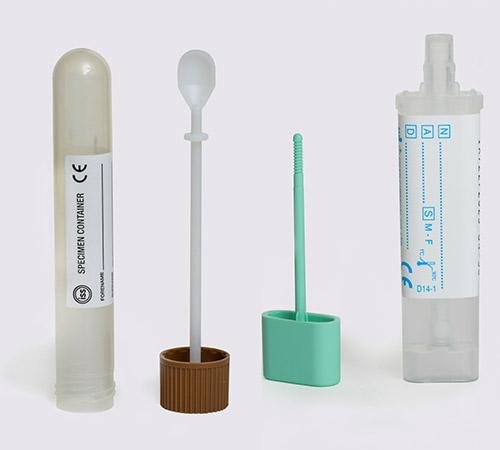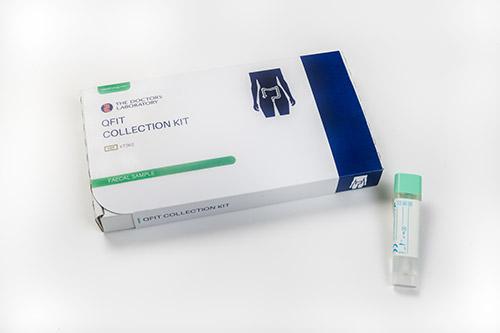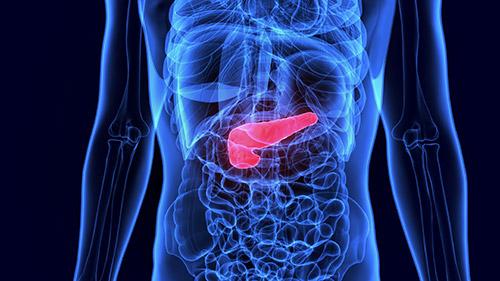What do stool samples test for?
Medical review by
Dr Alasdair Scott MBBS FRCS PhDLast updated
Key Article Takeaways
- Stool tests can pick up gut infections and gut inflammation.
- Stool tests can also test for bowel cancer and how well your pancreas is working.
- Our Complete Gut Health Test and Symptom Screen is a comprehensive stool and blood test panel which covers all these and more.
- Gut microbiome stool tests can be interesting but can’t tell you much about your health at the moment.
Your stool is a window to your gut health. Stool tests are very useful if you’re having gut symptoms and want to find out what’s going on. They not only help to diagnose, but can also rule out what’s not behind your symptoms. We’ll explain what we actually mean by a stool test and what they can tell us about your gut health.
What do we mean by a stool test or “poo test”?
Your stool, poo or faeces can tell you a lot about your gut health. Stool contains water, bodily waste, undigested food, gut cells, mucus, gut bugs and small molecules like proteins, enzymes and inflammatory messengers. Together, these can give you an idea of what’s going on inside your bowel.
Just like a “blood test”, a “stool test” isn’t one single test. There are lots of things you can test for and picking the stool test that’s right for you depends on what you’re trying to find out. This might depend on any gut symptoms you might have or if you’ve got a specific condition you want to check for like bowel cancer. We’ll go through the main stool tests and why they might be right for you. But first, how do you actually take a stool sample?
How do you take a stool sample?
Taking a stool test isn’t tricky once you understand it. First, you need to catch your stool in a container while doing your best to avoid toilet water or pee. You can use toilet paper or even an egg box! Then “sample” the stool by scooping or scraping some into your sample tube. Different test kits use different tools but you’ll get instructions on what to do.
That’s really all there is to it. But we understand it could feel daunting if you’ve never done it before so we’ve written a detailed article on “How Do I Take a Stool Test”.

What can stool samples actually test for?
You can take a stool sample to find out more about your gut health. You’d probably want to take one if you have gut symptoms that have lasted for some time, like stomach pain or changes in bowel habit, or if you’re screening yourself for bowel cancer.
Common things we look at in stool tests are gut infection or inflammation, bowel cancer and pancreas function.
Gut Infection
Gut infections are common - we've all had them. Most of the time they don't last long and there's no need to take tests for them. But if you have gut symptoms that aren’t settling down, particularly if they started after travel abroad, it’s usually worth testing for gut bacteria and parasites.
Check out our article on gut infections which covers all the common bugs, how you get them, common symptoms and how to test for them. If testing for gut infection is right for you, you can take our Gut Bacteria, Worm and Parasite Test.

Sometimes you can have a gut infection with no symptoms. Helicobacter pylori is a bug that infects the stomach and causes long-term inflammation. H. pylori is really common and around 15-30% of us carry it in the UK1, 2. Many of us have no symptoms with H. pylori, but for others it can cause indigestion symptoms. In the long-term it can also cause stomach ulcers and increase your risk of stomach cancer. Read our article on H. pylori to find out more or have a look at our simple Helicobacter pylori Stool Antigen Test.
Gut Inflammation
Gut inflammation is a common cause of gut symptoms. There are a number of things that cause inflammation but you might have heard of inflammatory bowel disease (IBD). IBD (also known as Crohn’s disease and ulcerative colitis) is caused when your own immune system attacks the lining of your gut. When the gut is inflamed, it releases a substance called calprotectin into the stool. We can test for calprotectin and use it as a biomarker for gut inflammation.
Irritable bowel syndrome (IBS) is another common gut condition that can have very similar symptoms to IBD, such as stomach pain, bloating and diarrhoea. The key difference is that there is no inflammation with IBS. However, this also means there’s nothing for us to “test” for with IBS - there are no stool tests to tell you if you have IBS. What you need to do is test for other conditions, like IBD, to rule them out and make IBS the likely diagnosis. Check out our article on gut inflammation to find out more.

Bowel cancer
Bowel cancer is common and will affect around 1 in 15 of us3. An early sign that you might have bowel cancer is microscopic amounts of blood in your stool.
This is where the quantitative faecal immunochemical test - or qFIT test - comes in. This stool test looks for the presence of blood in the stool. The more blood in the stool, the more likely bowel cancer is behind it.
You might want to test for bowel cancer with a qFIT Bowel Cancer Screening Test if you have gut symptoms like a change in bowel habit, stomach pain, weight loss, blood in the stool or a feeling that you need to open your bowels again soon after going to the toilet. Alternatively, you can also use a qFIT test to check for bowel cancer even if you have no symptoms. We also offer an Easy Gut Inflammation and Bowel Cancer Test which checks for both gut inflammation and bowel cancer from just one easy stool sample.
We’ve got an article which explains all about bowel cancer qFIT tests and what the different result levels mean.

Pancreas function
Sometimes you can have bowel symptoms, but the problem isn't actually in your bowel. Your pancreas is a small organ sitting next to the bowel that releases digestive enzymes to help you break down and absorb your food. If your pancreas doesn't release these enzymes, you can get symptoms like diarrhoea and weight loss.
A simple stool test for one of these enzymes - elastase - can tell you if your pancreas is functioning properly.

Gut microbiome stool tests
So far we’ve mentioned stool tests as a way of finding out what’s causing your gut symptoms if you’re unwell or your chance of having a condition. But what about telling us how “healthy” your gut is based on which bugs you have in your microbiome?
Your gut microbiome is the community of microbes you have in your gut. We’ve all got trillions of microbes in our guts - they actually outnumber our own cells!
Scientists think the microbiome is important because these bugs aren’t just sitting around - they're active, releasing substances and interacting with our bowel cells. Stool tests can tell you about the bugs in your large bowel.
Currently this research is at a very early stage. For example, we don't even know what a "normal" or "healthy" microbiome looks like because everyone’s gut bugs are completely different. At the moment, microbiome testing is really only “for interest” or for research. It can't tell you anything specific to take action on, like why you’re unwell or how to improve your health.

The bottom line
Now you know what a stool test is and how your stool can tell you what’s going on inside your gut.
Stool tests can help tell you about if you’ve got a gut infection or gut inflammation, your chance of bowel cancer and how well your pancreas is functioning. In our Complete Gut Health Test and Symptom Screen, which includes both stool and blood tests, you can test yourself for all these common causes of gut symptoms and more.
Get tips on better health
Sign up to our emails on the better way to better health.
We'll keep you up-to-date with the latest research, expert articles and new ways to get more years of better health.


